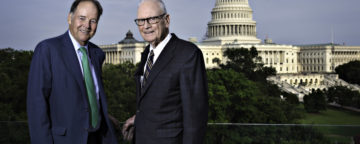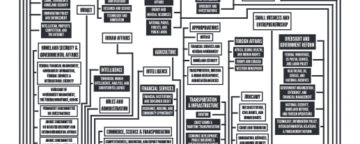Nearly 100 high school students from across the Philadelphia region took part in the Annenberg Public Policy Center’s inaugural summer camp program devoted to learning about and participating in anti-tobacco advertising research. The program brought teenagers from 19 area schools to APPC for three week-long sessions.








